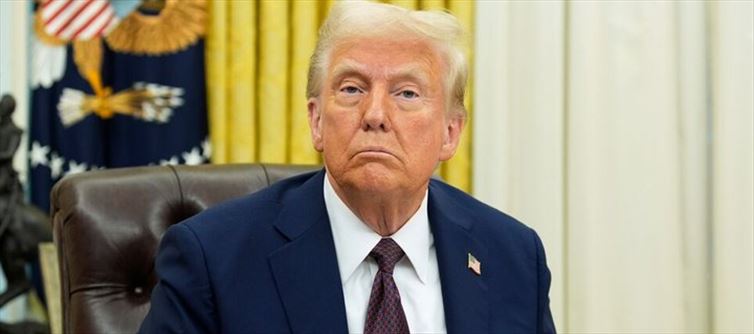
This week, donald trump assumed the mantle of the U.S. presidency with an agenda that sends shockwaves across the globe, including India. His inaugural actions and statements—centered on "America First"—highlight a protectionist, insular approach that will undoubtedly harm economies, especially those of emerging nations like India. While some hail this as a potential boost to U.S.-India ties, a closer analysis reveals that Trump’s policies could spell significant trouble for Indians, directly and indirectly.
The Climate Catastrophe
Trump’s withdrawal from the paris Climate Accord signals a dangerous shift. india, one of the most vulnerable countries to climate change, had invested heavily in renewable energy efforts to align with global standards. With the U.S. reneging on its commitments, funding for green projects is likely to dry up, leaving india in a lurch. Trump’s preference for fossil fuels will further exacerbate global warming, increasing natural disasters like floods, droughts, and cyclones—catastrophes india cannot afford.
The Trade Tariff Trap
Trump’s tariff threats are not merely bluster. While india is not directly in his crosshairs, the global economic downturn caused by trade wars will ripple through every economy. India's export-driven industries—textiles, pharmaceuticals, and IT services—rely heavily on a stable global trading environment. As trump targets countries like china and imposes tariffs, trade disruptions will undoubtedly lead to higher costs, reduced exports, and job losses in India.
The Immigration Nightmare
India’s IT industry is the backbone of its economy, and a major chunk of its revenue comes from outsourcing and H-1B visas to the U.S. Trump’s immigration policies, prioritizing American workers over foreign talent, will choke this lifeline. Stricter visa norms mean fewer opportunities for indian tech professionals, reduced remittances, and increased unemployment. Aspiring indian students aiming for higher education in the U.S. also face uncertainty, with Trump’s rhetoric dampening the dream of studying or settling abroad.
The Fossil Fuel Fallout
Trump’s fixation on fossil fuels comes at a time when the world, including india, is transitioning to cleaner energy. India’s oil imports are a significant strain on its economy, and a return to oil-dominated energy policies could see rising crude oil prices. This will inflate costs for transportation and essential goods, hitting the common indian hard.
The Domino Effect on Taxes
Trump’s tax cuts for U.S.-based manufacturers are aimed at bringing back jobs to America. But for indian companies operating in the U.S., this spells trouble. Corporations may face increased costs of operation, leading to reduced profits and layoffs. Additionally, American companies based in india may repatriate their operations, further weakening India’s already fragile manufacturing sector.
The Geopolitical Gamble
While External Affairs minister S. Jaishankar’s optimism about U.S.-India relations is commendable, Trump’s unpredictability makes such assurances precarious. india may find itself caught between the U.S.-China rivalry, forced to make tough choices that could alienate either side. Moreover, as Trump’s policies destabilize global alliances, India’s position in trade agreements and strategic partnerships will also face challenges.
Conclusion: A Bleak Outlook
Trump’s policies may appear to benefit America, but they leave countries like india scrambling to adapt. From trade to climate to immigration, every aspect of his agenda disrupts the fragile balance on which india thrives. His “America First” stance is, in effect, a “Rest of the World Last” policy, and india will undoubtedly bear its brunt. While some optimistically claim india might gain favor with the trump administration, it seems more likely that we are looking at a future fraught with economic instability and lost opportunities.
For Indians, Trump’s presidency could turn into a long and difficult road ahead. The shadow of his policies looms large, threatening to disrupt livelihoods, choke progress, and push us further into a state of uncertainty.




 click and follow Indiaherald WhatsApp channel
click and follow Indiaherald WhatsApp channel